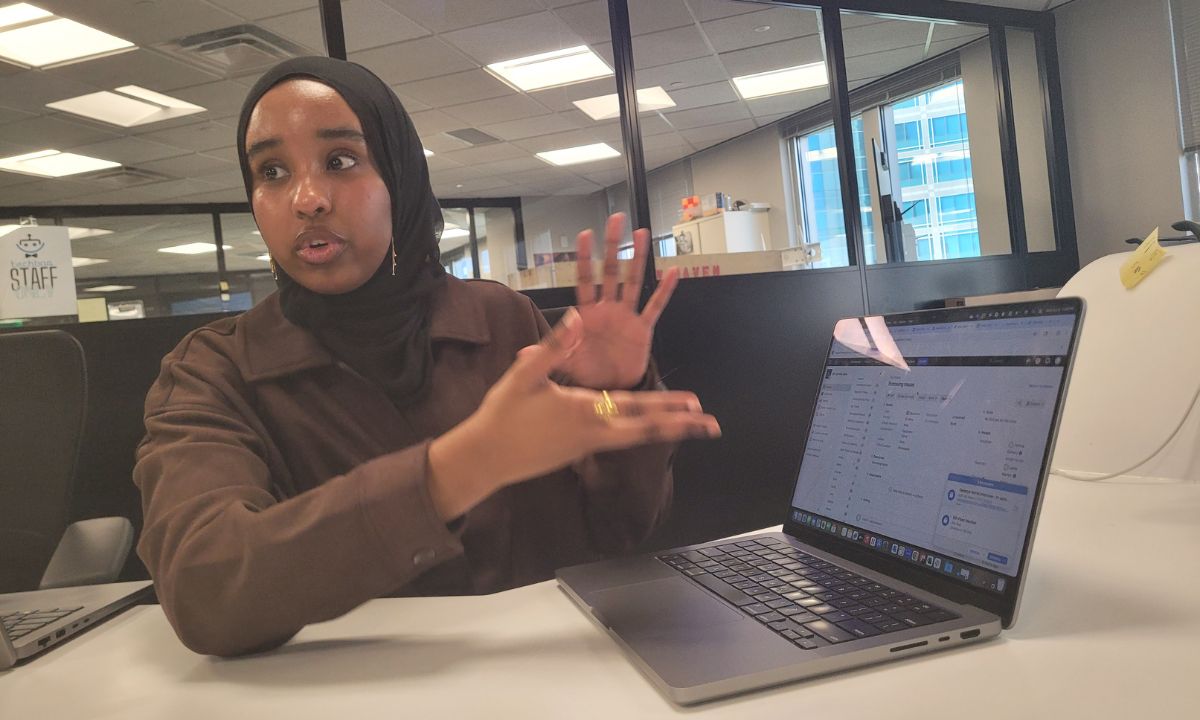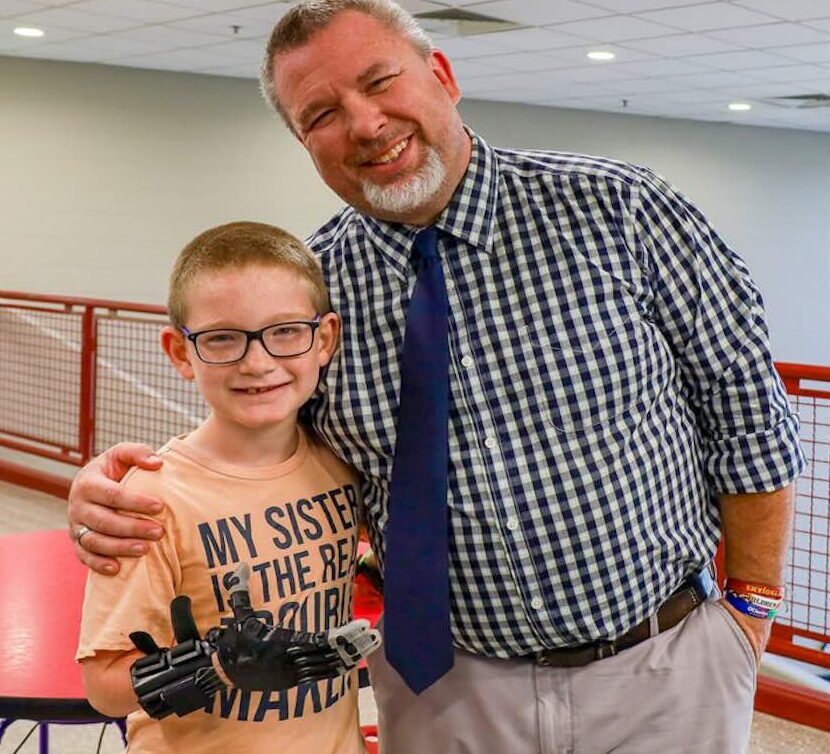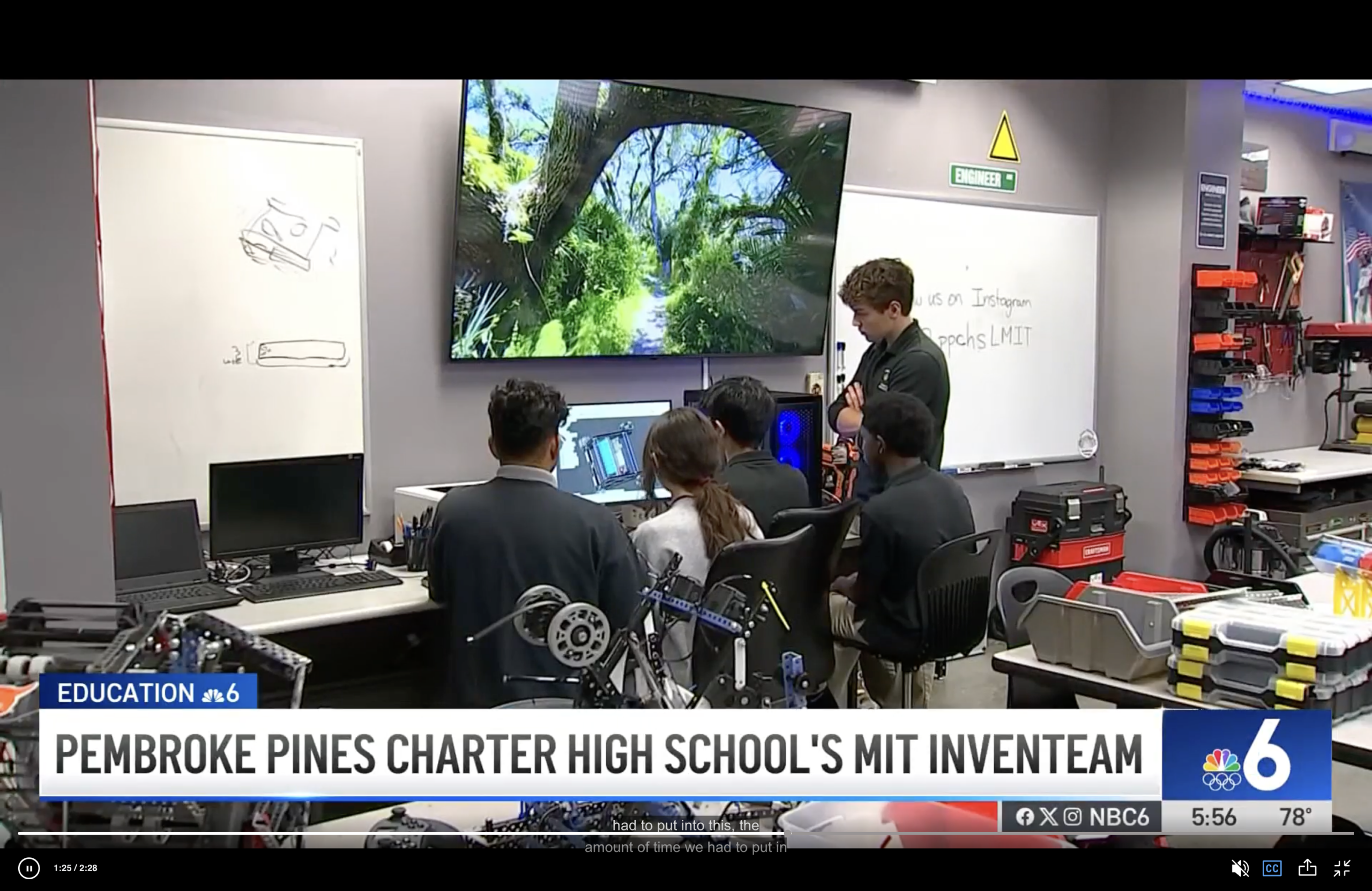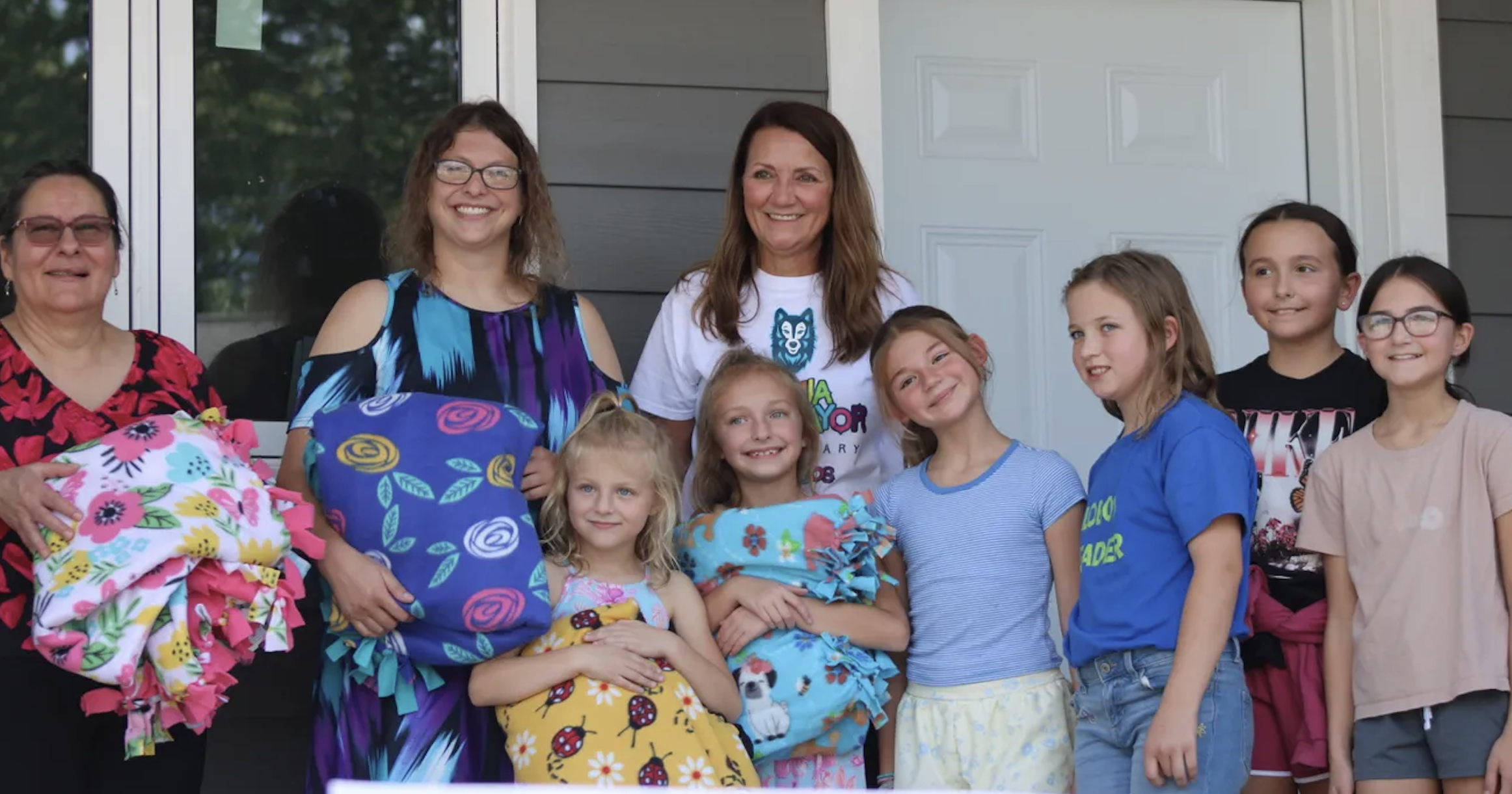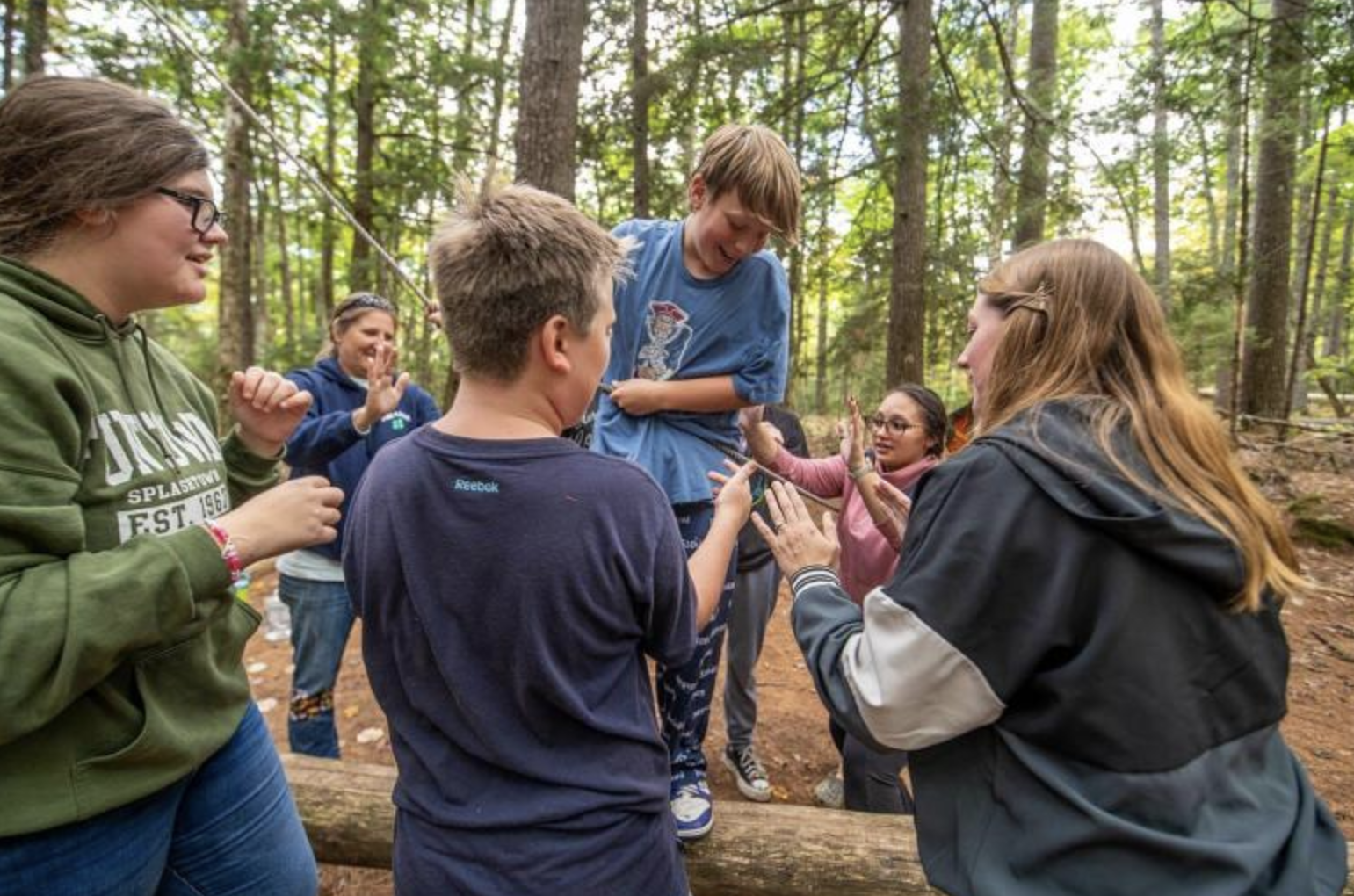Jump to: Top Tasks | From the Field | Key Resources | Moments of Resilience
It is week 186 in our new reality and we are thinking about the power of leadership in troubled times.
A few days ago 50CAN President Derrell Bradford announced that we were opening applications for both a new cohort of our National Voices fellowship program and a New York Voices fellowship specifically for residents of the Empire State. The goal of both is to “facilitate a bipartisan conversation among the next generation of education leaders” and I can’t think of a more important time to do so. If you are thinking about raising your voice around constructive change, I would encourage you to learn more.
We also recently launched a new report from AdvocacyLabs, a partnership between 50CAN and FutureEd at Georgetown University. The report provides a unique synthesis of organizing traditions along with practical lessons that advocates can put to use in their campaigns. One lesson seems particularly timely right now:
SUBSCRIBE
“Community organizing efforts are most vulnerable when they are successful because they are threatening the status quo. The tools of organizing can be used to defend these campaigns but only if their leaders are willing to get political.”
Last week, we looked at the growing disconnect between increased educator hiring and shrinking student populations, as well as a first look at a new direct aid program in Denver that could serve as a model for communities across the country. This week we look at the continued momentum behind making tutoring a permanent feature of the education system of the future and put a spotlight on Ben Austin’s bold bet on constitutional reform.
TOP TASKS
Help your state get on the tutoring bandwagon
“Virginia is launching a statewide high-dosage tutoring effort called All in VA, part of a $418 million package of academic recovery measures,” reports Maureen Kelleher for The 74. “The Virginia Department of Education recommends that districts put 70% of those funds toward tutoring and plans to award contracts to Ignite Reading and Zearn to provide tutoring in reading and math, respectively.”
“The plan was announced after statewide SOL scores showed little to no improvement from the year before and a continued lag behind pre-pandemic levels,” Karina Elwood writes in her report for the Washington Post. “It applies to any students who failed or were identified as being at risk of failing, defined as any student scoring under 400 on their math or reading SOLs. Educators anticipate that in some districts more than half of the students in grades three through eight will qualify for tutoring under the guidance.”
It is a bold bet on tutoring that follows similar efforts in Louisiana, New Jersey, Ohio and Tennessee to make tutoring the norm rather than the exception for struggling students.
It comes at a time when evidence is mounting on just how effective tutoring can be as a recovery strategy. “Young children learning to read made significant progress after participating in a high-dosage virtual tutoring program, according to new research released Wednesday,” Linda Jacobson reports in an article for the 74. “The evaluation, conducted in 12 Texas elementary schools as part of the Uplift Education charter network, found that over 1,000 K-2 students in the program scored higher on literacy tests than students without the extra support. The results translated into 26 extra days of learning in letter sounds for kindergartners and 55 extra days on decoding for first graders with a one-on-one tutor.”
With the fiscal cliff of federal dollars approaching, the time is now to prioritize spending on programs getting results.
THE TASK OF THE WEEK IS
Help more blue cities jump on the direct funding bandwagon
Fifteen years ago Ben Austin burst onto the education advocacy scene when he launched Parent Revolution. The group went on to invent and pass into law California’s landmark parent trigger law, which empowers parents to transform failing schools through community organizing. Ben eventually raised more than $20 million to bring this model to multiple states and drove a new conversation in ed reform about what kind of structural changes are needed to put parents and their kids in the driver’s seat.
 Now he is back with another bold idea as the founder and CEO of Education Civil Rights Now, a national non-profit seeking to enshrine the right to a high quality education in state constitutions. Last week this initiative won the “Power to the People” award at the annual PIE Network conference. “It’s an honor to be on a journey to unrig education for kids, especially with so many leaders in the PIE and 50CAN families,” Ben told us. “We need to be working to adjust the underlying physics of politics so that politicians have the desire to put the needs of kids first.”
Now he is back with another bold idea as the founder and CEO of Education Civil Rights Now, a national non-profit seeking to enshrine the right to a high quality education in state constitutions. Last week this initiative won the “Power to the People” award at the annual PIE Network conference. “It’s an honor to be on a journey to unrig education for kids, especially with so many leaders in the PIE and 50CAN families,” Ben told us. “We need to be working to adjust the underlying physics of politics so that politicians have the desire to put the needs of kids first.”
The genesis of Education Civil Rights Now came during the height of the pandemic. Ben explained: “The LAUSD closed our schools for longer than most major districts, my two daughters didn’t go to school for a year and a half. As a result, parents in the district sued to open all schools. When the district responded, they said the quiet part out loud in their legal briefs. They said, ‘Parents don’t have the right to a high-quality education – only a free one.’”
The big swing for ECRN over the next several months is in California, where the team is working with LA Mayor Antonio Villagrosa to qualify for a public ballot initiative, guaranteeing a right to a high-quality education in the state constitution. “That work is at a critical juncture right now,” Ben noted, “We’re about halfway towards raising the money needed for this initiative, and hope to make more progress next year.”
THE TASK OF THE WEEK IS
FROM THE FIELD
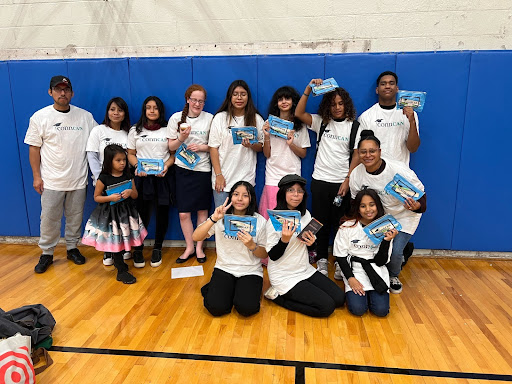 ConnCAN has doubled-down on community building and organizing over the past several years. Last week, they hosted a celebration of Hispanic Heritage Month in Groton, speaking with over 75 families about the Multi-Lingual Learners Bill of Rights that the team passed this year with the support of Governor Lamont.
ConnCAN has doubled-down on community building and organizing over the past several years. Last week, they hosted a celebration of Hispanic Heritage Month in Groton, speaking with over 75 families about the Multi-Lingual Learners Bill of Rights that the team passed this year with the support of Governor Lamont.
Louisiana Kids Matter’s Kelli Bottger will be hosting a major press event in Baton Rouge on November 2, in collaboration with Accelerate and the Department of Education. The event will focus on Louisiana’s innovative tutoring partnership that we’ve covered previously in this newsletter.
Congratulations to GeorgiaCAN parent advocates Marquita Brown and Denise Cambridge, who were announced as members of the State Superintendent’s Parent Advisory Council. The advocates will provide input into new policies and projects that are taken up by the Department of Education over the next year.
Key Resources
Chalkbeat reports that while Michigan chronic absenteeism numbers have fallen eight points since last year, the rate is still over 30% compared to 19% before the pandemic.
A new article from Brookings busts three myths about teacher agency, including that teacher training will automatically lead to teacher skill development or improvement.
Fordham Institute discusses the costs and benefits of grade retention, finding that retention works best when done in elementary grades.
Brookings examines urban summer programming like Philadelphia’s Playstreets, finding that the programs have potential to engage students in a way traditional summer school does not.
South Carolina, Tennessee, Iowa and Mississippi are all making major progress in learning loss recovery due to the science of reading, The 74 Million reports.
The Journal of Pediatrics is out with a new study that suggests declining mental health in children is connected to a decline in independent activities such as free play without the supervision of a parent or teacher.
Urban Institute identifies that public spending on kids is expected to decline over the next year and offers a discussion of what’s at stake.
A new analysis by Eric Hanushek in Education Next concludes that students who experienced Covid school closures are on track to have 6 percent lower earnings over their lifetime.
PNAS Nexus, a journal of the National Academy of Sciences, finds that people who exhibit toxic behavior when discussing politics online are also likely to exhibit the same toxic behavior even when discussing nonpolitical topics in nonpartisan contexts.
Moment of Resilience
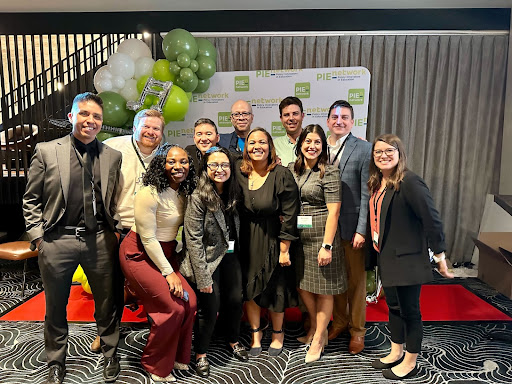
50CAN staff gathered together at last week’s PIE Network Summit in Nashville, TN to learn from education advocates from nearly every state in the Union, reflecting both on what worked and what we can do differently in 2024. Marc Porter Magee and Samantha Kobbah led a session on the science of electoral advocacy, Derrell Bradford spoke about what we have learned in putting school choice into practice and NewMexicoKidsCAN Executive Director Amanda Aragon moderated a panel on the future of assessment and evaluation.


